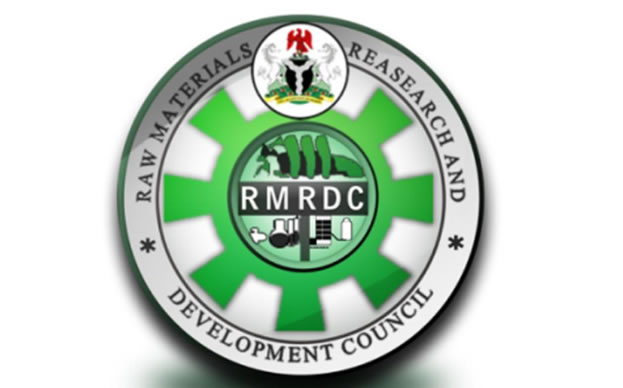The Raw Materials Research and Development Council (RMRDC) and the Nigerian Defence Headquarters have embarked on a collaborative partnership aimed at bolstering food security and advancing national development through innovative agricultural practices. This alliance signifies a crucial stride towards leveraging agricultural potential to address critical national needs. The collaboration, initiated through a courtesy visit by a Defence Headquarters delegation to the RMRDC in Abuja, underscores the shared vision of both institutions to harness agricultural advancements for the benefit of the nation.
Professor Nnanyelugo Ike-Muonso, Director-General of RMRDC, hailed the partnership as a significant milestone, emphasizing its potential to transform the agricultural landscape and contribute to national development objectives. The Defence delegation, led by Brigadier Generals David Kurmi and Mohammed Lawan, representing the Chief of Defence Staff, expressed the military’s keen interest in enhancing the productivity of its farm projects, known as Defence Farms. The Defence Farms initiative is viewed as a pivotal model for innovative agriculture and raw materials production, aligning with the military’s operational needs and contributing to food security within military formations.
The collaboration encompasses a wide range of strategic areas, extending beyond the immediate goal of improving agricultural yields on military farms. Research and development of military-grade raw materials and fibers form a key component of the partnership, aiming to strengthen the nation’s self-reliance in critical defense resources. Capacity building initiatives in agro-industrial technologies for military personnel are also envisioned, empowering them with valuable skills and knowledge applicable both within the military context and in potential post-service careers. This multi-faceted approach underscores the commitment of both institutions to comprehensive development across various sectors.
The partnership’s broader implications extend to the establishment of strategic reserves and supply chains for essential materials, strengthening national resilience in times of crisis. The joint development of innovation hubs and industrial parks focused on defense technologies is also on the agenda, fostering a dynamic environment for technological advancement and economic growth. Sustainable resource management in military-operated agricultural zones is another key priority, reflecting a commitment to responsible environmental stewardship and long-term sustainability. These combined efforts contribute to a holistic approach towards national security, economic development, and environmental protection.
Dr. Ike Willie-Nwobu, facilitator of the meeting and representative of West African Mombat, lauded the partnership as a bold and visionary step towards a self-reliant defense sector. He highlighted the potential of the collaboration to drive key national priorities, including knowledge transfer, enhanced military-civilian relations, job creation, and sustainable opportunities for veterans. This collaborative initiative signifies a move towards a more integrated and synergistic relationship between different sectors of Nigerian society, fostering shared goals and mutual benefits. The emphasis on knowledge transfer and strengthened military-civilian relations underlines the potential for broader societal impact beyond the immediate objectives of the partnership.
The leadership of the Defence delegation reiterated the military’s unwavering commitment to the collaboration, acknowledging the RMRDC’s technical expertise and proactive approach to raw materials development. Directors of the RMRDC contributed implementation strategies and identified further areas of synergy between the two institutions, solidifying the foundation for a fruitful and impactful partnership. Rachel Kotso, Director of Planning, Statistics, and Policy at RMRDC, concluded the meeting with a vote of thanks, emphasizing the shared vision and commitment of both parties. The partners plan to formalize their agreement through a Memorandum of Understanding, solidifying the framework for accelerated innovations in agricultural production, reinforced military supply chains, and a strengthened national food security framework. This formalization will provide a structured pathway for the implementation of the outlined objectives and ensure sustained commitment to achieving the partnership’s goals.


